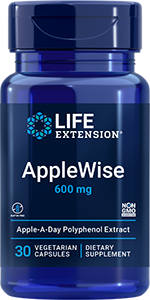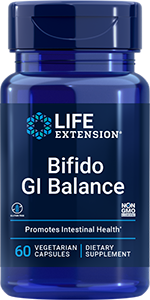- Science & Research
- Science News
- Newsletter
- 2012
- March 9

Newsletter
Newsletter
Vitamin D Deficiency Among Nursing Home Residents
Widespread vitamin D deficiency among nursing home residents linked to earlier death; strategies to improve vitamin D status "urgently needed"
Friday, March 9, 2012. A study of nursing home residents described in an article scheduled for publication in the Journal of Clinical Endocrinology and Metabolism reveals a link between being deficient in vitamin D and having a greater risk of dying over more than two years of follow up. While reduced vitamin D levels have been associated with an increased risk of premature mortality in the general population, the association in an institutionalized population has not been well explored. The study included 961 nursing home residents residing in Austria whose age was greater than 70 years. Participants' serum 25-hydroxyvitamin D levels averaged 17.5 nanomoles per liter, and 92.8 percent of the subjects had levels lower than the recommended 50 nanomoles per liter. Over an average follow-up of 27 months, 284 deaths occurred. For subjects whose vitamin D level was among the lowest 25 percent of participants at less than 14 nanomoles per liter, the risk of dying was 49 percent greater than those whose level was highest at over 25.5 nanomoles per liter. Adjustment for various factors failed to significantly modify the association. "We believe that our findings, together with previous data on institutionalized elderly, strongly point to the need for immediate action to prevent and treat vitamin D deficiency in these patients," the authors write. "Considering the high prevalence of vitamin D deficiency it seems reasonable to initiate vitamin D supplementation (at least 800 IU per day) even without previous 25-hydroxyvitamin D testing in such individuals." "Our findings show that the vast majority of nursing home residents are severely vitamin D deficient and those with the lowest vitamin D levels are at high risk of mortality," commented lead author Stefan Pilz, MD, of the Medical University of Graz, Austria. "Vitamin D supplementation in these patients can exert significant benefits on clinically relevant outcomes such as fractures," he added. "In light of our findings, and the existing literature on adverse effects of vitamin D deficiency, there exists now an urgent need for effective strategies to improve vitamin D status in older institutionalized patients." | ||||||||||||||||||||||||||||||||||||||||
 | ||||||||||||||||||||||||||||||||||||||||
| ||||||||||||||||||||||||||||||||||||||||
 | ||||||||||||||||||||||||||||||||||||||||
| ||||||||||||||||||||||||||||||||||||||||
Crominex®3+ is a registered trademark of Natreon, Inc. CinSulin® is a registered trademark of Tang-An Medical Ltd., manufactured under US patent #6,200,569. InSea2™ is a trademark of innoVactiv™. | ||||||||||||||||||||||||||||||||||||||||
The latest news on aging, nutrition, and vitamins
Lab
Testing
How Life Extension lab testing works









